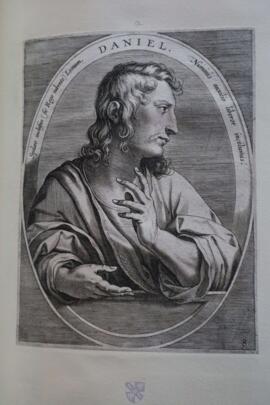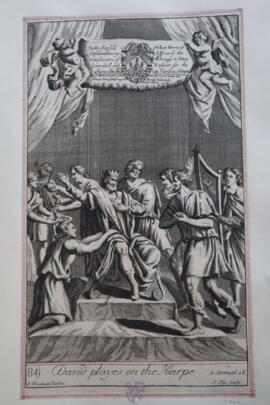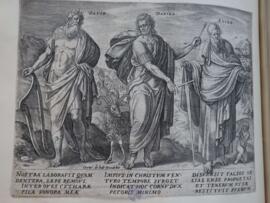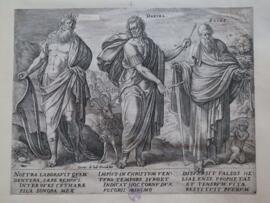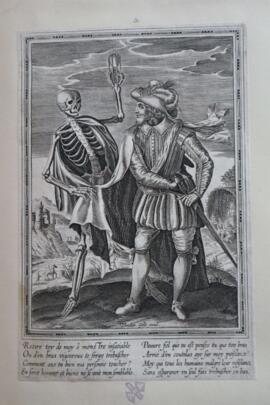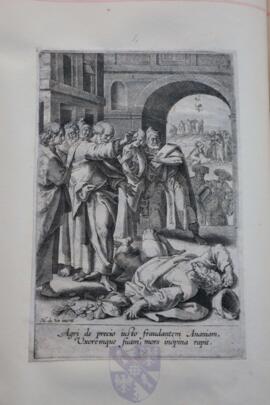Cricket Ground
Cricket matches were originally played on Parker's Piece. This was the clubs only accommodation until 1903 when, by arrangement with the Corpus Amalgamation Club, they were allowed a share in the use of their ground.
In 1909 the College bought 8 1/2 acres of arable land on the Ely Road (just beyond the junction of the Arbury Road with Ely Road, a 8 min cycle from the College) and then an additional 1 1/2 acres to improve the shape of the field. The ground measured 165 yards by 260 yards. Work was carried out to improve the soil and level the ground. It was hoped that the ground would be used for the first time in 1912. The land was held freehold and cost approximately £100 per acre. The Amalgamation Club needed £75 per annum for interest on the loans. A pavilion was also needed. [Source: College Magazine, Vol. 1, No. 5 December 1910]
For a description of the new ground and pavilion (including drawing of the pavilion) see College Magazine, Vol. 2, No. 1, December 1911.
Cuppers results:
7 June 1964 - Won the first ever College knock-out cricket competition by beating Emmanuel.
1978 - Won by beating St Catharine's.
Also won in 1982, 1985, and 1989.
